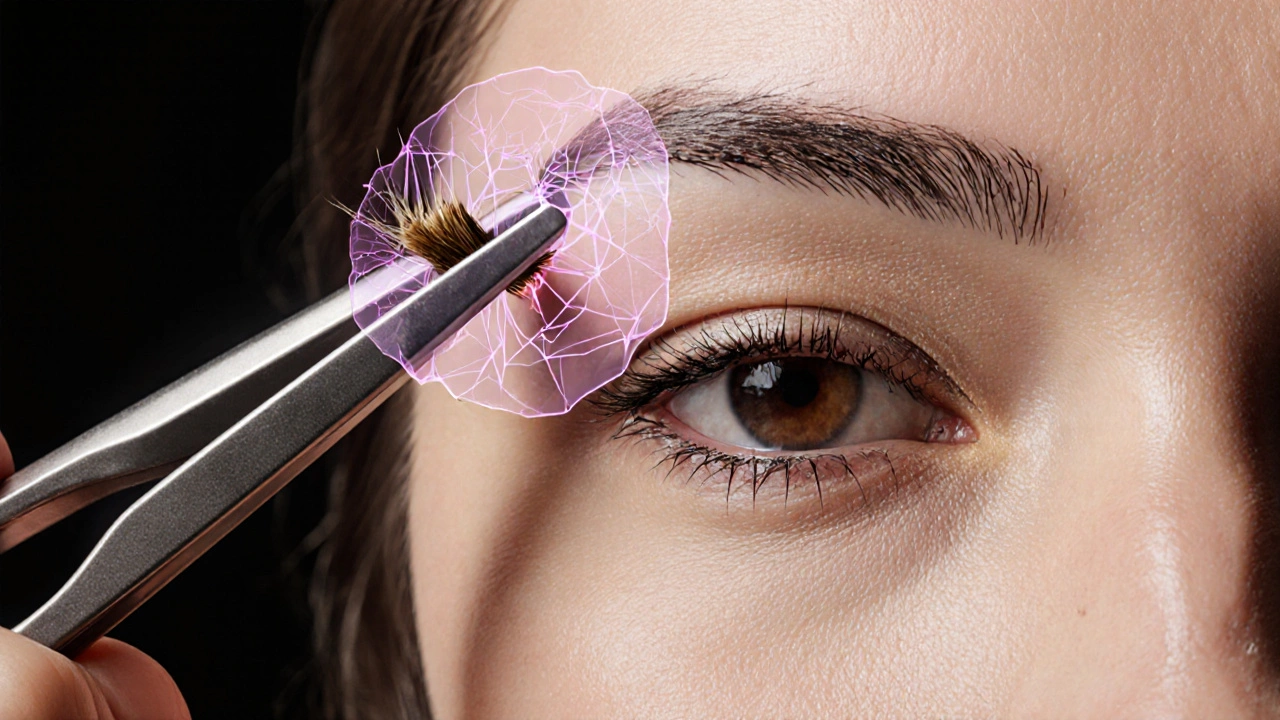One of the most common ways people encounter nerve damage without realizing it is through beauty routines that pull or irritate the skin. Cheap, low‑quality hair extensions, for instance, can tug at the scalp and create chronic tension that leads to tingling or even localized numbness. The same tension can happen when wax is applied too hot or left on too long, triggering a burn that damages tiny nerve endings. When you combine this with supplements that promise faster hair growth but overload the body with biotin or niacin, the risk rises. Those ingredients, while great for hair, can cause flushing and nerve irritation if taken in excess. On the medication side, drugs like certain antibiotics or chemotherapy agents list peripheral neuropathy as a warning sign. The attribute “potential nerve toxicity” pairs with the value “requires monitoring of sensation changes.” Recognizing that these beauty and health choices share a common thread—stress on the peripheral nervous system—helps you spot warning signs early. If you notice persistent pins‑and‑needles after a wax appointment, or a prickly feeling after a new supplement, treat it as a red flag rather than a fleeting annoyance.
Prevention starts with three practical habits. First, always ask a trained esthetician about wax temperature and patch‑test the area; proper after‑care like cool compresses and gentle moisturizers can calm inflamed nerves. Second, choose hair extensions made from 100% human hair with secure, low‑tension bonding methods; avoid clip‑ins that pull the scalp or tape‑ins that are applied too tightly. Third, treat supplements like medicines—read the label, respect the recommended dosage, and discuss any new product with your doctor, especially if you’re already on prescription meds that affect nerve health. When a medication is known to cause neuropathy, your provider may suggest dosage adjustments or alternative drugs, reducing the likelihood of long‑term damage. These steps illustrate the semantic triple: proper after‑care, safe product selection, and medical oversight reduce the chance of nerve damage. By treating each step as a checkpoint, you turn a potential problem into a manageable routine.
Now that you see how facial waxing, hair extensions, supplements, and medication intersect with nerve health, you can make smarter choices before a beauty session or a new pill hits your shelf. Below you’ll find articles that break down each of these topics in detail—spotting low‑quality hair extensions, handling facial waxing side effects, navigating supplement safety, and understanding medication‑related nerve risks. Use them as a toolbox to protect your nerves while still enjoying the looks you love.

Find out if eyebrow plucking can harm your brain, the nerves involved, and safe practices to keep your brows tidy without risk.